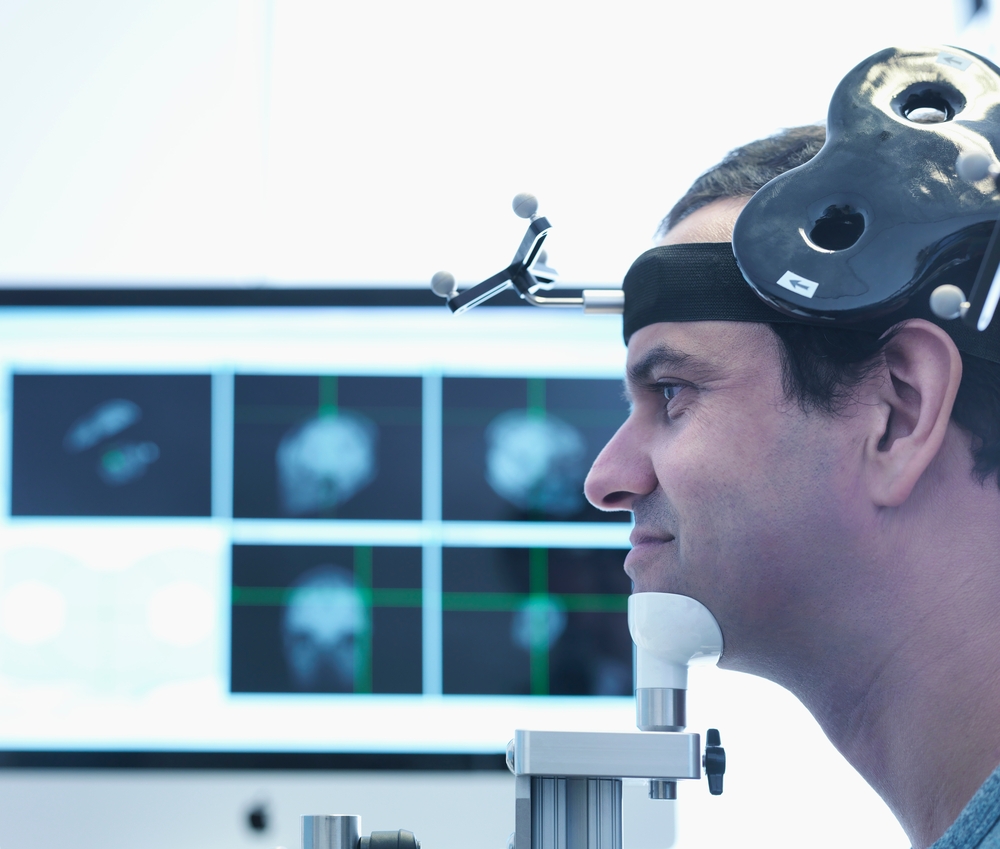What Is Treatment-Resistant Depression - and How Can TMS Help?

Depression is a complex and deeply personal condition that affects how you feel, think, and function in daily life. While many people respond well to antidepressants and psychotherapy, not everyone finds relief with standard treatments. For these individuals, the term “treatment-resistant depression” (TRD) often enters the conversation. Fortunately, innovative therapies like Transcranial Magnetic Stimulation (TMS) are offering renewed hope and healing.
Understanding Treatment-Resistant Depression
Treatment-resistant depression isn’t rare. In fact, it’s estimated that about one-third of people with major depressive disorder don’t respond fully to antidepressant medications. TRD is typically defined as depression that does not significantly improve after trying at least two different antidepressant medications, each taken for an adequate period and at the proper dosage.
There are several reasons why depression may become resistant to treatment:
Biological Differences: Each person’s brain chemistry is unique, and standard medications don’t always target the right brain circuits for every individual.
Coexisting Conditions: Anxiety, chronic pain, or other health issues can make depression more complicated and harder to treat.
Genetic Factors: Some people may inherit a predisposition to depression or to medication resistance.
Medication Side Effects: Side effects can limit how aggressively some medications can be used, or may make people stop treatment before it has a chance to work.
How Is Treatment-Resistant Depression Diagnosed?
If you or someone you care about is struggling with ongoing depression despite trying various medications and therapy, it’s important to consult with a mental health professional. At Renaissance Behavioral Medicine, our team conducts a thorough evaluation that includes a review of all previous treatments, doses, and durations, an assessment for other medical or psychiatric conditions, and a careful consideration of lifestyle factors and psychosocial stressors. We take a comprehensive approach to ensure that every available treatment option is explored to help you find relief.
What Is Transcranial Magnetic Stimulation and How Does It Work?
Transcranial Magnetic Stimulation (TMS) is a breakthrough in the treatment of depression. TMS uses focused magnetic pulses to activate specific areas of the brain involved in mood control, particularly the prefrontal cortex.
Depression is often linked to decreased activity in certain brain circuits. TMS works by delivering rapid magnetic pulses that stimulate nerve cells in these targeted regions, “reawakening” brain pathways that are underactive in depression. Over a course of sessions, this repeated stimulation helps restore normal activity and improve mood. TMS does not require sedation or anesthesia, and patients remain alert throughout the process. The treatment is non-invasive, meaning there are no needles or surgery involved.
Who Is a Candidate for TMS?
TMS is most often recommended for adults diagnosed with major depressive disorder who have not responded to at least two different antidepressant medications. You may be a good candidate if:
You have tried multiple medications without significant relief
You have experienced intolerable side effects from medications
You prefer a non-pharmacological (non-drug) approach
You do not have certain medical conditions (such as metal implants in the head, or a history of seizures)
We will carefully review your health history to ensure that TMS is both safe and appropriate for you.
Find Out if TMS Is Right for You
Living with treatment-resistant depression can be incredibly isolating, but it’s important to remember that new and effective treatments are available. Transcranial Magnetic Stimulation (TMS) is a safe, evidence-based therapy that’s helping many people overcome even the most persistent forms of depression. If you’ve struggled to find relief, TMS could open the door to a brighter, healthier future.
If you’re ready to explore TMS or want to learn more about your options for treatment-resistant depression, contact Renaissance Behavioral Medicine to schedule a consultation. Visit our office in Beverly Hills, California, or call (213) 262-0888 to schedule a consultation today.



